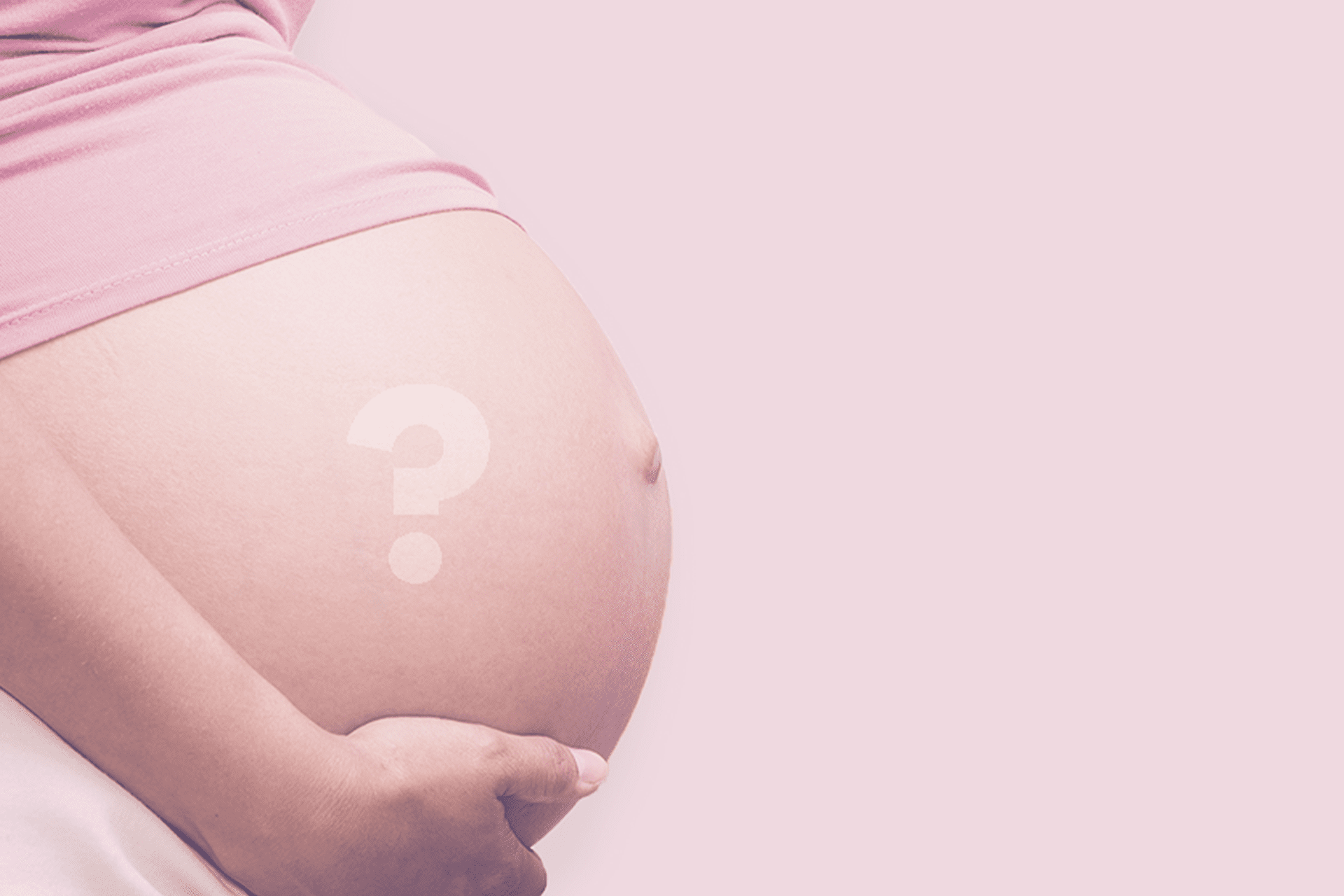
Can your diet before pregnancy determine baby’s gender?
According to mainstream medicine, your baby’s gender is determined by which type of sperm (male or female) reaches the egg first. If a sperm successfully fertilizes the egg, it develops into a fetus and eventually a baby.
Whether you have a boy or a girl depends entirely on which sperm reaches the egg first — a male sperm with a Y chromosome or a female sperm with an X chromosome.
Some recent theories suggest that your diet before pregnancy might influence the vaginal environment in ways that favor one type of sperm over the other.
Gender selection: How to sway baby’s gender
Among all the factors studied for their impact on a baby’s gender, the most compelling evidence related to gender selection highlights the woman’s diet prior to conception.
Although more research is needed, changing body chemistry through diet might influence the environment to favor a specific sperm type — a natural approach to gender selection.
Baby’s gender: Vaginal pH plays a key role
A woman’s monthly cycle involves varying pH levels (acidic and alkaline) in her reproductive tract, potentially affecting baby’s gender. Making the environment more favorable to either male or female sperm can influence baby’s sex.
Experts suggest that an alkaline environment may favor Y sperm (resulting in a baby boy), while an acidic environment may favor the X sperm (resulting in a baby girl). However, it’s important to note that no method today can guarantee the desired outcome. Just give it a try!
Affecting baby’s gender: How to conceive a girl?
- Eat a low caloric diet right before conception
- Skip breakfast briefly
- Avoid salt and eat a lot of animal protein (meat, fish, eggs)
- Eat a temporary diet higher in acidic foods and avoid alkaline foods
- Consider taking a supplement with folic acid, calcium, magnesium, and vitamin C to help make the cervical mucus acidic.
Affecting baby’s gender: How to conceive a boy?
- Eat a high caloric diet right before conception
- Avoid dairy products as well as magnesium & calcium supplements
- Increase foods that contain potassium, like bananas
- Increase the consumption of vegetables and fresh fruits
- Eat plenty of alkaline foods.
Determine baby’s gender: The power of preconception nutrition
Moreover, it takes time for dietary changes to bring about the necessary effects in your body. That’s why it’s important to begin adjusting your preconception nutrition around 10–12 weeks before you plan to conceive!

